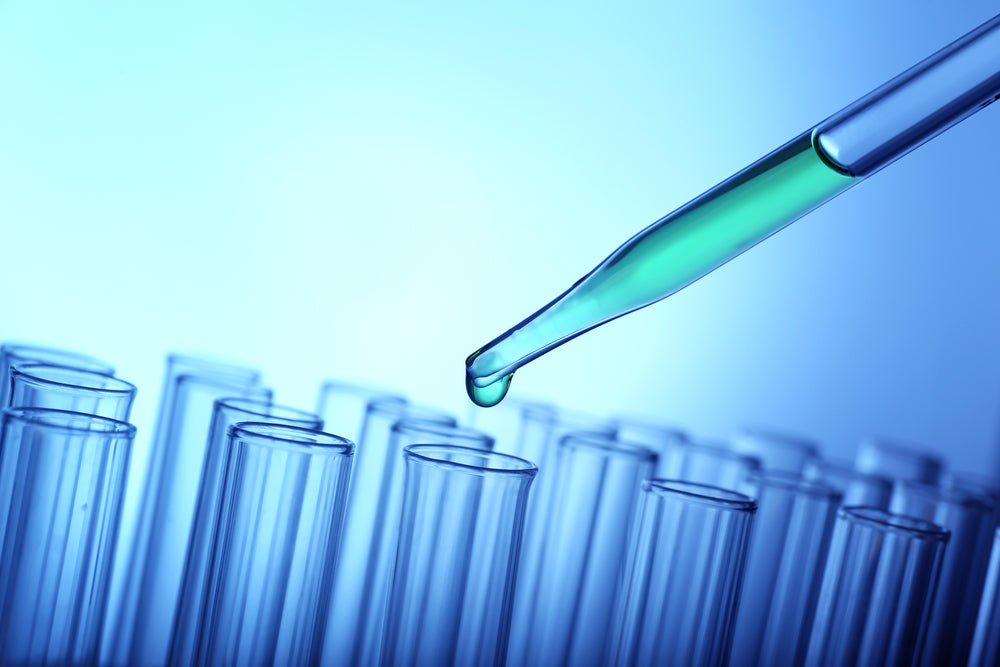
Aquarium Water Testing
In this Blog we look at how important testing your aquarium water really is and what could happen if you don't test on a regular basis.
In a newly set up aquarium, water testing is critical to avoid fish loss when high levels of ammonia and nitrites rapidly rise. In an established mature tank, water testing is still so important to ensure the continued health of your fish and plants.
FishCove Aquatics recommend that all fishkeepers should have a test kit. If your unsure on which test kit would be best for you, please ask us for advice and we will be more than happy to guide you. For some of our customers they purchase one for those 'just incase' moments, which we advocate to help us give you the best advice when you contact us. If you feel you are not quite ready to purchase one yourself yet, FishCove Aquatics can offer a water testing service, until your feeling more confident to go it alone.
Check out FishCove Aquatics test kits HERE
Which Kits shall I use?
pH, ammonia, nitrite, and nitrate water test kits are by far the most integral to aquarium water upkeep. Water hardness levels KH and GH are useful to establish what your levels are, but may not warrant purchasing the entire kit for, unless your aquarium is more specialised such as a Planted aquarium. Phosphates should be tested for on a regular basis to help prevent algae issues.
Test kits FishCove Aquatics use and recommend
Ammonia will be elevated during the start up cycle in a new aquarium, but can also be elevated in mature tanks if the water is not changed regularly, filters are not kept clean, if the tank is overstocked, or if medication is used killing off the biological bacteria.
In an established tank, an ammonia test should be performed and recorded in a log once a month. Anytime you have sick fish,or a fish death, you should immediately test for ammonia. Any detectable amount of ammonia should be addressed swiftly, as it is extremely toxic to fish.
Nitrite
During the startup of a new tank, nitrite levels will soar quickly and can cause stress or death within your fish. However even after aquarium water is initially "cycled", it is not unusual to go through mini-cycles from time to time, this normally happens when you have cleaned out your filter or added new fish. After a filter clean its worth adding bacteria to the filter to help reduce a nitrite or ammonia spike. So for this reason, include nitrite testing as part of your weekly testing routine. Any increase of nitrite levels in your aquarium may indicate a problem in your aquarium. If a fish is ill or dies, it's wise to test for nitrite to ensure it is not contributing to the problem. The only way to reduce elevated nitrate levels quickly is via water changes.
Nitrates
Nitrates are not as toxic as ammonia or nitrites in small amounts, FishCove Aquatics recommend monitoring your nitrates to avoid stressing the fish. High levels of nitrates can also be a source of algae growth. Nitrates will rise over time but using a good gravel cleaner will help reduce waste build up in the gravel there for reducing nitrate. Again weekly Nitrate testing is important.
Phosphate
Phosphate is what FishCove Aquatics call the silent killer in your aquarium, High levels of phosphate in your aquarium can lead to algae growth and therefore leading to low levels of oxygen. One of the leading causes of increased phosphates is uneaten fish food, particularly overfeeding with lower quality foods that are high in phosphates. Dead plant matter that hasn't been removed can also lead to phosphate issues. There are filter materials available that will help remove and stop phosphates using your internal or external filter. Test your Phosphate levels after 3 months of setting up your aquarium and test weekly.
